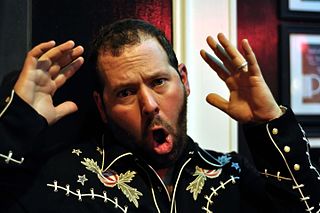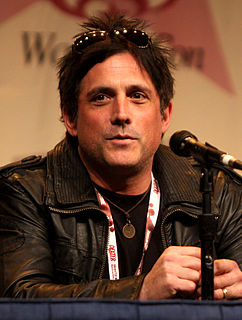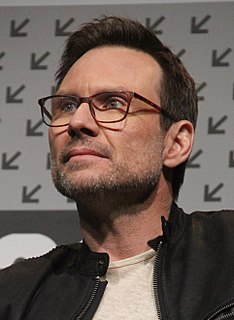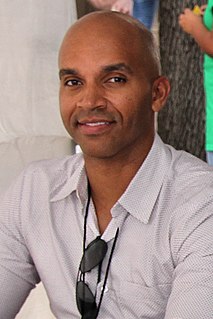A Quote by Diego Luna
The nice thing about my job is that it allows me to look deeper into issues and then tell stories with that information.
Related Quotes
Life is painful sometimes. It touches everyone, so you may as well try to look for other answers and find peace. So, it is difficult to write those types of things because nobody wants to tell sad stories. I think that I'll always tell stories about human hope. I would love to be able to tell somebody, "It's okay. It's all right. Be a good person." That's what my job is, in life.
It's the obvious thing to say but artists want to be able to tell all kinds of stories and tear down every kind of wall, to look at ourselves and examine who we are and just get deeper insights into what makes us human beings. Anything that could possibly prevent that in our near future horrifies me to no end.
When I look at American history and I look at what history means to me, I look at it as if it were a string of stories. And if it's told well enough and in a way that's charming and warm and with wit and humor, then it takes a bit of the edge off of it. You can still tell the truth, but if you tell it very sweetly and very warmly, it makes it go down a bit easier.
In polite society, there is such a thing as sensitivity to some issues, as time has gone on. There was a time when we weren't politically correct, at all, and we all wince at moments when we look to the past and see that. I don't really know what the answer is, as far as that is concerned. However, me, as an artist, I don't really think about it, at all. It actually is not my job to think about that, especially in terms of me, as a writer, but also as a filmmaker. I'm not worried about the filmmaking part because, if I'm writing it, that's what I'm going to do.
AS SOMBRAS DA ALMA. THE SHADOWS OF THE SOUL. The stories others tell about you and the stories you tell about yourself: which come closer to the truth? Is it so clear that they are your own? Is one an authority on oneself? But that isn't the question that concerns me. The real question is: In such stories, is there really a difference between true and false? In stories about the outside, surely. But when we set out to understand someone on the inside? Is that a trip that ever comes to an end? Is the soul a place of facts? Or are the alleged facts only the deceptive shadows of our stories?


































